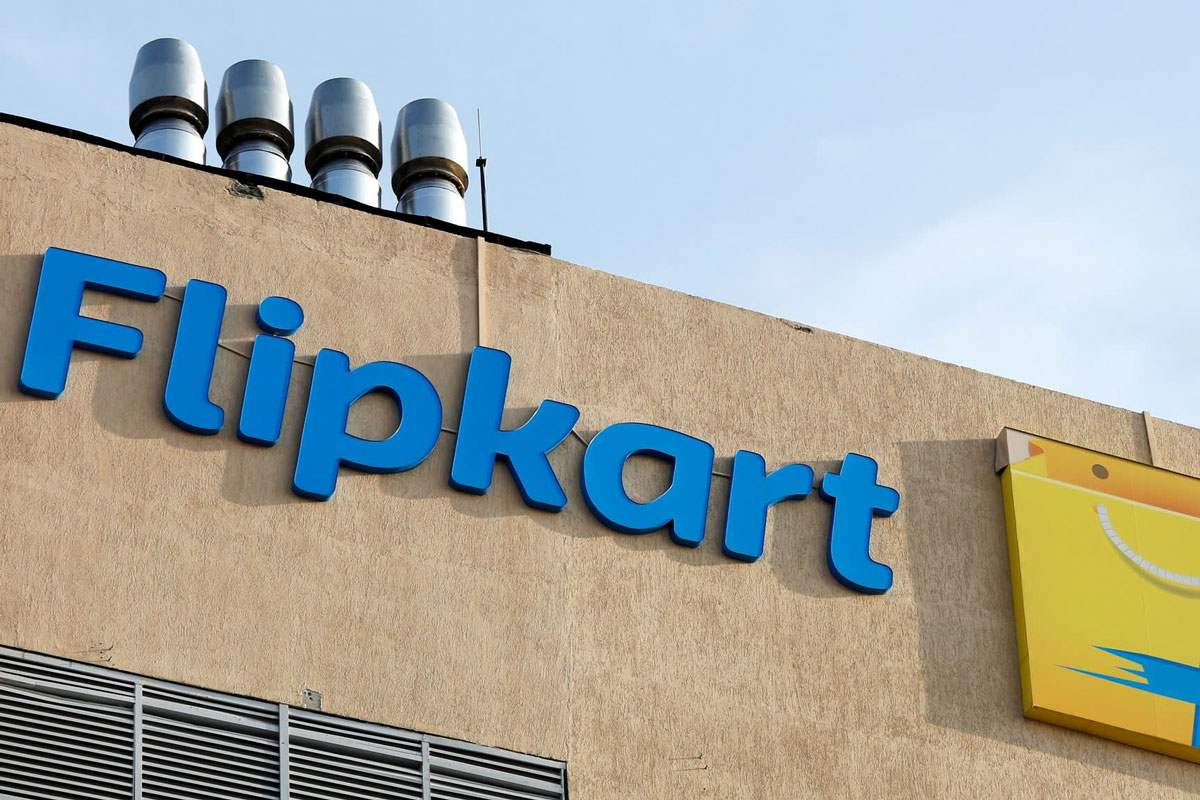After government’s order to reopen shops across the country, e-commerce firms and others have started asking for approval to deliver non-essential items to help both, the consumers as well as the Micro, Small, and Medium Enterprises (MSMEs).
The giant e-commerce company Flipkart on Saturday said allowing retails to deliver non-essential items will help meet consumer demands and also ease burden of piled up inventory of MSMEs.
Walmart-backed Flipkart’s comments came after the government on Friday night allowed reopening of neighbourhood and standalone shops. The order includes opening of shops located in residential complexes within municipal areas, but at a 50 per cent strength and after taking necessary precautions.
In rural areas, all shops, except those in shopping malls, are allowed to open.
“The shops in areas which have been declared as containment zones by respective States/ UTs, will not be permitted to open in rural or urban areas,” the order stated.
As per the order, sale of non-essential items by e-commerce platforms and sale of liquor continues to be prohibited.
A Flipkart Group spokesperson welcomed the government’s decision of providing gradual relaxations in retail.
“Consumers have shown great restraint during lockdown, and there is a need to support their requirements. Further, a gradual opening up of delivery of non-essential goods through eCommerce will help meet consumer needs, which include items that will enable them to work from home, stay in touch with others and also address the rising temperature across the country,” company’s spokesperson said.
The spokesperson added that e-commerce can help meet these requirements in a safe and secure way while ensuring social distancing and allowing the government is continuing its efforts to contain this situation.
“E-commerce can also support in easing the burden of piled up inventory of MSMEs and help in the delivery of these products to consumers in a safe and secure way while following the robust safety SOPs (standard operating procedures),” the spokesperson said, adding that the company remains committed towards the fight against COVID-19.
Similar to Flipkart’s request, a spokesperson for Amazon India also said that e-commerce offers the “safest way” for sellers/retailers to serve the needs of citizens while ensuring social distancing. Therefore, it requested the government to enable e-commerce to play its role in the joint fight against the pandemic by allowing the supply of all goods that people need over a prolonged period.
“We, as a company, are committed to serve more than 100 million Indians from the safety of their homes, reduce the number of people who need to step out, while at the same time help hundreds of thousands of small businesses jumpstart their livelihoods in these difficult times,” Amazon’s spokesperson said.
With an aim to contain the spread of COVID-19, government initially announced a complete 21-day nationwide lockdown on March 23, which was later extended till May 3. During this period government had only allowed delivery of essential goods through e-commerce platforms.
In the latest guidelines, issued on April 16, the Ministry of Home Affairs had barred the e-commerce platforms from supplying non-essential goods during the lockdown period.
Apart from Flipkart and Amazon, other online players like ShopClues and Paytm Mall along with the Industry body Nasscom and Internet and Mobile Association of India have also urged the government to expand the list of essential items to include products like laptops and routers to facilitate people working from home.
While the giant companies and associations are seeking for some relaxation or additions in the list of essential products, traders are confused about the reopening shops. They have sought more clarity for easier implementation of the order and urged states to issue necessary guidelines, without which shop owners would not be able to resume work.











